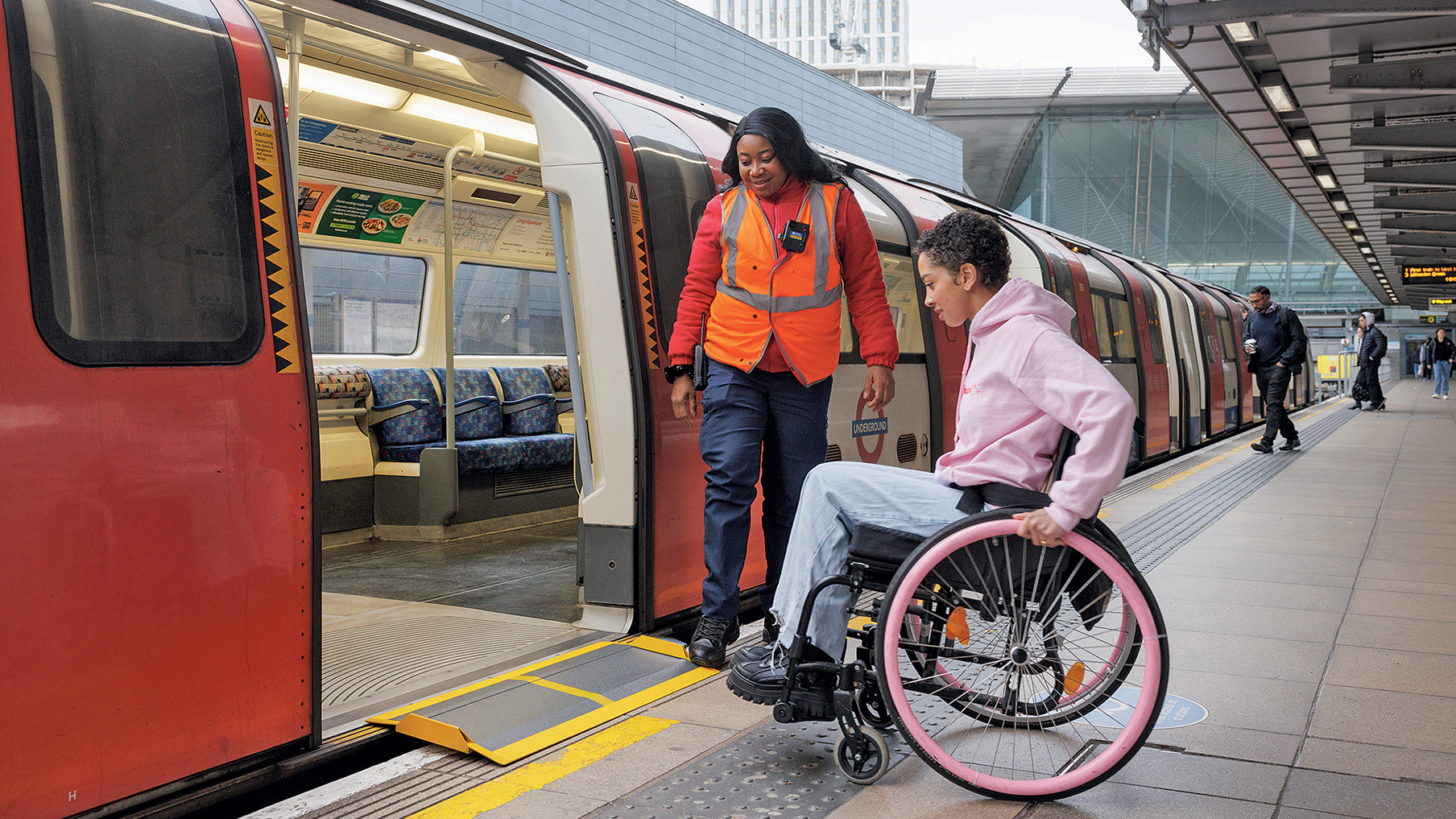After recognising there was a gap in the evidence base on young disabled people’s experiences of transport, Motability Foundation commissioned Savanta to write a report, titled: Creating an inclusive future: Addressing accessible transport needs for young disabled people.
The most recent census found there are 1.2 million young disabled people aged 10-24 in England and Wales – double the number a decade ago.
Peer research
The research was guided by a group of peer researchers, who brought their lived experience to the project. It found that young disabled people face barriers when using transport, which “profoundly impacts their independence, social connections and ability to participate fully in society”.
Research findings show that:
- 47 per cent of young disabled people feel they cannot use priority seating on public transport without being challenged;
- 63 per cent of young disabled people feel unsafe using public transport, increasing to 69 per cent for young disabled women;
- 51 per cent of LGBTQ+ young disabled people felt vulnerable in crowded spaces on public transport;
- 31 per cent of young disabled people deliberately reduce their journeys to save money.
The future of accessible transport
Rachael Badger, Director of Performance and Innovation at Motability Foundation says: “Young disabled people are the future of accessible transport. It is vital that their needs are understood across the transport sector so they can make the journeys they choose, and so that accessibility can be embedded into future modes of transport.”
Motability Foundation’s research objective was to encourage policymakers in the transport sector to recognise this was a gap in the sector; and include young disabled people in future planning to create more inclusive and accessible transport systems.
Rachael adds: "With the launch of this report, we hope to see a refreshed focus on young disabled people's needs within the transport sector, and their inclusion in consultations on existing and future modes of transport moving forward."
Savanta’s associate director Molly Zakra says: "By embedding young disabled researchers into every stage of the project, we ensured that this wasn't just research about them, but research with them. Alongside our quantitative research, focus groups and travel–along observations, we are proud of the rigorous research methods underpinning this work.
“We are even prouder of our approach to reimagine research as a collaborative and respectful dialogue, where the community aren't subjects, but expert partners driving the narrative.”
Training for rail staff
In a separate study, Motability Foundation found insufficient staff assistance as a barrier to disabled people accessing public transport. In response, the Foundation awarded a grant to the Royal National Institute of Blind People (RNIB) and Community Rail Network to explore the effectiveness of disability training and awareness for rail staff.
The two–year project is titled: On track for inclusive train travel: a model for engaging disabled people with rail workforce culture change. The findings will help develop innovations that address disability awareness and assistance for disabled passengers to make rail travel more accessible for all.
This multi–partnership project will be delivered in unison by RNIB, Community Rail Network and two community rail partnerships – Community Rail Lancashire and GO Community Rail Partnership (Oxfordshire and Gloucestershire). Partners will be consulting, engaging and involving disabled people and disability groups in all aspects of the process, from scoping and research to design and delivery of new innovations.
Detailed recommendations from the project will be collated and shared when it ends in 2026.





